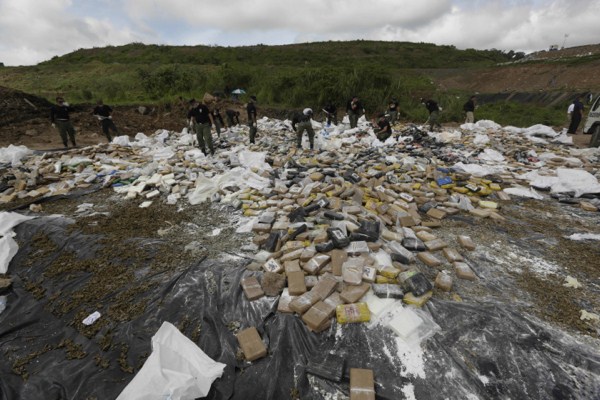The war on drugs has been subjected to unprecedented criticism over the past few years. For the first time since the inception of the international drug regime in the 1960s, world leaders are calling for the regulated legalization of all drugs, and not just marijuana. Politicians, businessmen and activists from across North, Central and South America are leading the charge.
Several Latin American presidents are at the forefront of this drug policy revolution, insisting on the legalization of cannabis, opium poppies and coca. Some Western European leaders are also demanding that punitive drug laws be replaced with updated measures putting public health, human rights and safety at their center.
It is not surprising that Colombians, Guatemalans, Mexicans and Uruguayans are insisting on a new approach. For many of them, the war on drugs is personal. The region is ground zero for the $330 billion a year illicit drug trafficking business. Many Latin American countries and cities are also experiencing increasing murder rates—several times the global average—owing in large part to the militarization of drug policy in the region.

